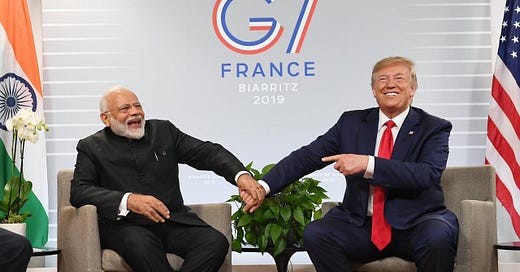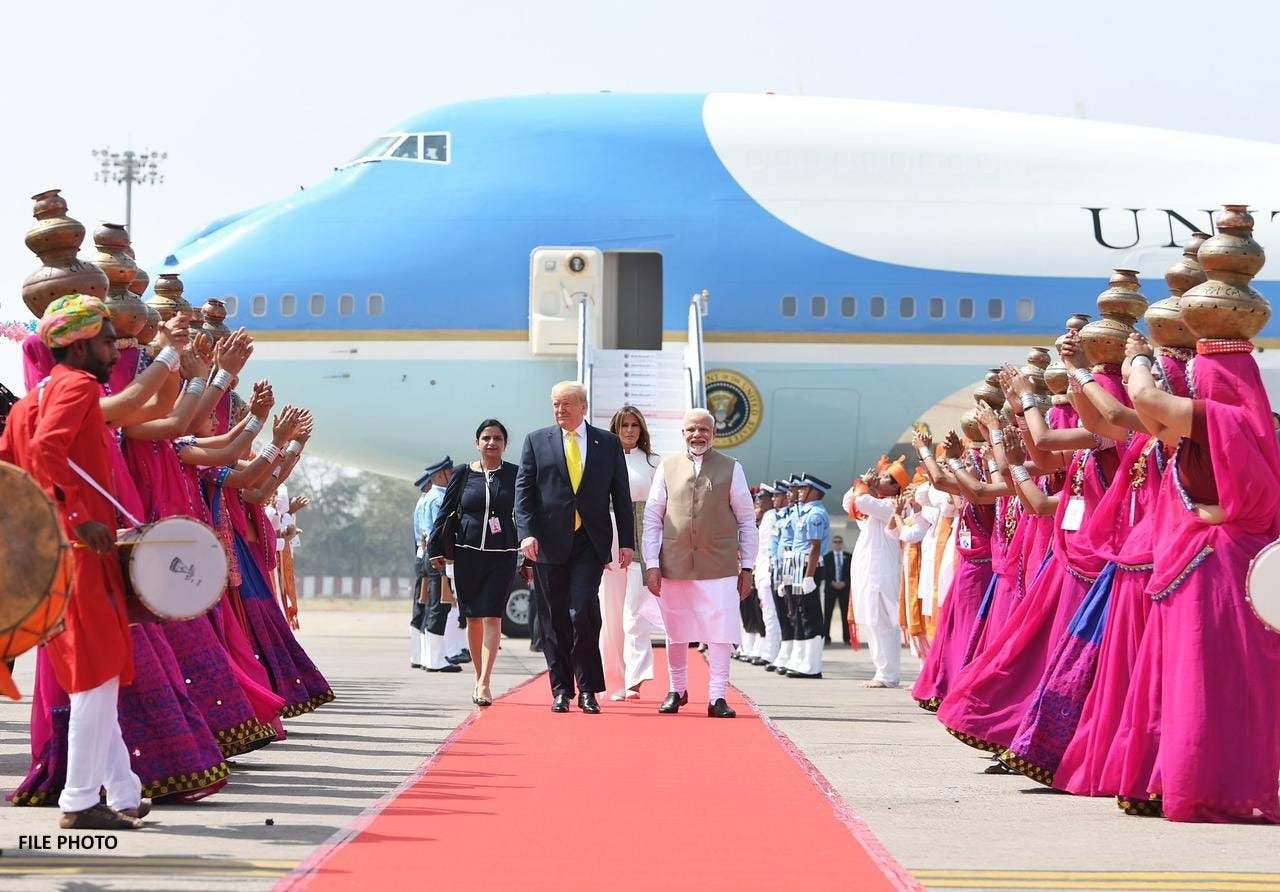Since Donald Trump is now a President-elect poised to become the next POTUS, I can say that there are some trends in AI policy with respect to the United States Government, and India-US relations, which we might see.
Raymond Sun has already discussed few of the points highlighted in the post. We will come up with a detailed analysis for Indic Pacific Legal Research LLP on this later.
1️⃣ The Biden Administration's Executive Order on Artificial Intelligence might be scrapped, under the Trump Presidency. While I hope it should not be scrapped, I believe most or all of the commitments in the Executive Order have already been achieved at an initial level. Hence, I am expecting a trickle-down effect of the Biden Admin's Executive Order already across the US Government (USG).
2️⃣ While some tech policy people and AI industry "journalists" in India push the "innovation vs regulation" brownie point as per which Trump may outweigh innovation for the "sake of it" over 'regulation', I am not sure if Trump-Vance might have a larger say beyond not pushing for regulations. Why? Since Bill Clinton, the USG has been fragmented in decision-making.
My understanding is that Trump-Vance's approach will push for a competition policy approach around AI, which is less 'restrictive'. Still, the loop of pre-regulatory AI Governance (or self-governance) might not be discarded entirely.
3️⃣ Trump will be incredibly hard on India-US trade relations, especially when it comes to visas, and technology companies. Since TCS and other India Inc. companies have started hiring US-based people as their employees, it would be interesting to see if under Elon Musk's advice will Trump-Vance encourage more tech talent from India.
4️⃣ The Indo-Pacific and the Quadrilateral Security Dialogue is back, and the security focus on the India-Australia-US-Japan Quad under Trump-Vance will also reflect in AI-related securitisation policies. Trump-Vance however might not encourage co-opting provisions of Europe's EU AI Act, and the Council of Europe's AI treaty in terms of the "Brussels Effect" as we know it. Since the Abraham Accords, and the I2U2 exist with UAE and Israel, expect some AI policy cooperation there too.
5️⃣ Nothing significant can be expected from any future WTO Ministerial Conferences on AI and International Trade, either from India, or the United States. India wouldn't have toed the line with the US even if Harris would have been elected as POTUS continuing Biden's approach on some bilateral issues. The WTO moratorium (supported by the US Government) was extended at until the 14th Ministerial Conference in 2026, or until March 31, 2026, whichever is earlier. However, opposition to the moratorium has grown, and some say that it will be difficult to renew it beyond 2026, which could be a significant issue for Trump-Vance to address.





